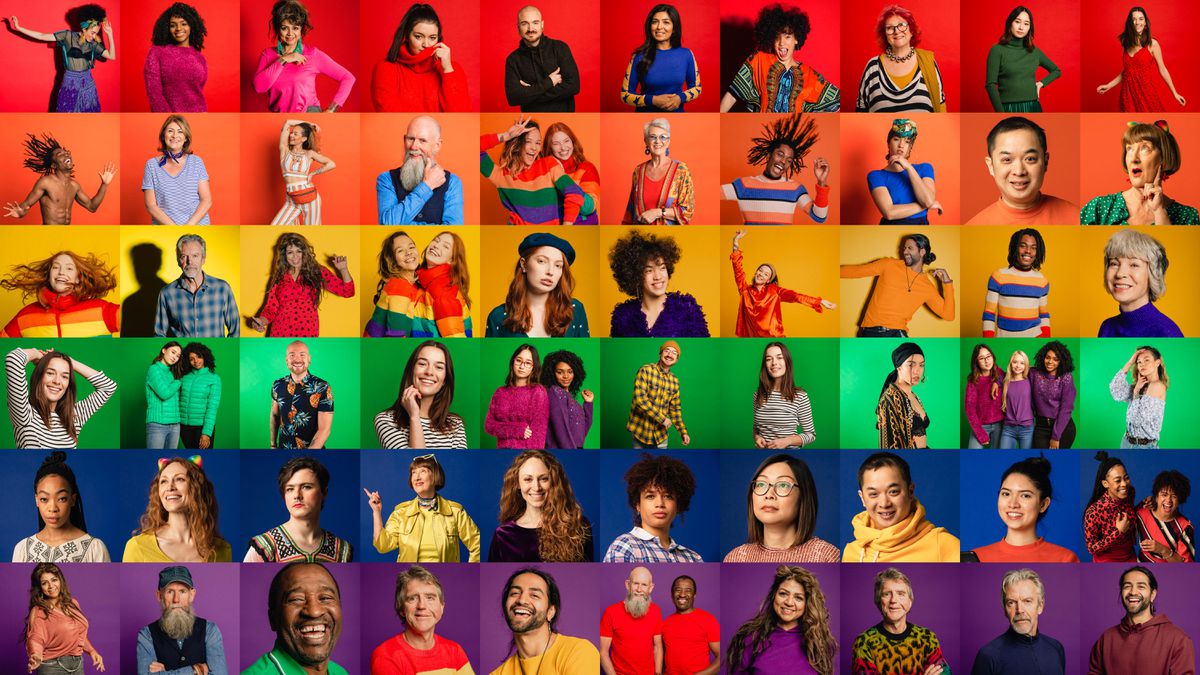Blog/
Workplace support
BY PETE BENNETT ■ OCTOBER 21 ■ 4 MIN READ
Supporting diversity in the workplace

Diversity in the workplace: Recognising and Celebrating Differences
Diversity is often thought of in terms of differences in gender, race, ethnicity, demographic background, ability and health (including disability), as well as sexual orientation. However, diversity is more than just acknowledging these differences. It’s about recognizing them, accepting them, and allowing them to change our perceptions.
Experts in diversity, Armida Russell, Amy Tolbert, and Frank Wilderman, have identified four cornerstones of diversity development: knowledge, acceptance, understanding, and behavior. Let’s delve into these four cornerstones to understand what they mean and how they help us to recognize and celebrate diversity.
Knowledge
The first cornerstone of diversity development is knowledge. This refers to the awareness of different cultures, beliefs, and practices. During African American History Month (United States) and African Heritage Month (Canada), and Black History Month in the United Kingdom in October, we are encouraged to learn about the important people and events in the history of the African diaspora. This can be done in workplaces, schools, or at home.
To battle stereotypes, it is important to learn about different cultures. This can be achieved by visiting ethnic museums or memorials, taking ethnic cooking classes or language classes, or traveling to different places and immersing yourself in other cultures.
Understanding
The second cornerstone of diversity development is understanding. This means putting the knowledge you have gained about diverse groups into action. Understanding why a person is acting in a particular way can make it easier to empathize with them. To put yourself in someone else’s shoes, you can volunteer for an organization that provides services for new immigrants or people with disabilities.
Acceptance
The third cornerstone of diversity development is acceptance. Acceptance does not mean adopting the behaviors or rituals of a culture as your own, nor does it mean condoning behaviors that clash with your value system. Instead, acceptance means respecting the values and behaviors of other cultures.
Behavior
The fourth cornerstone of diversity development is behavior. This involves using the knowledge, understanding, and acceptance gained to make appropriate changes in your behavior. By supporting diversity in the workplace, you can create stronger working relationships and establish an inclusive environment.
Diversity is not just about recognizing differences. It’s about embracing those differences and using them to change our perceptions. By increasing our knowledge of different cultures, understanding the reasons behind their behavior, accepting their values and behaviors, and making appropriate changes to our behavior, we can create a more inclusive society. Let us all strive towards recognizing and celebrating diversity in our workplaces, schools, and communities.
For more information, or for diversity in the workplace eLearning support, please contact us or book an appointment.


